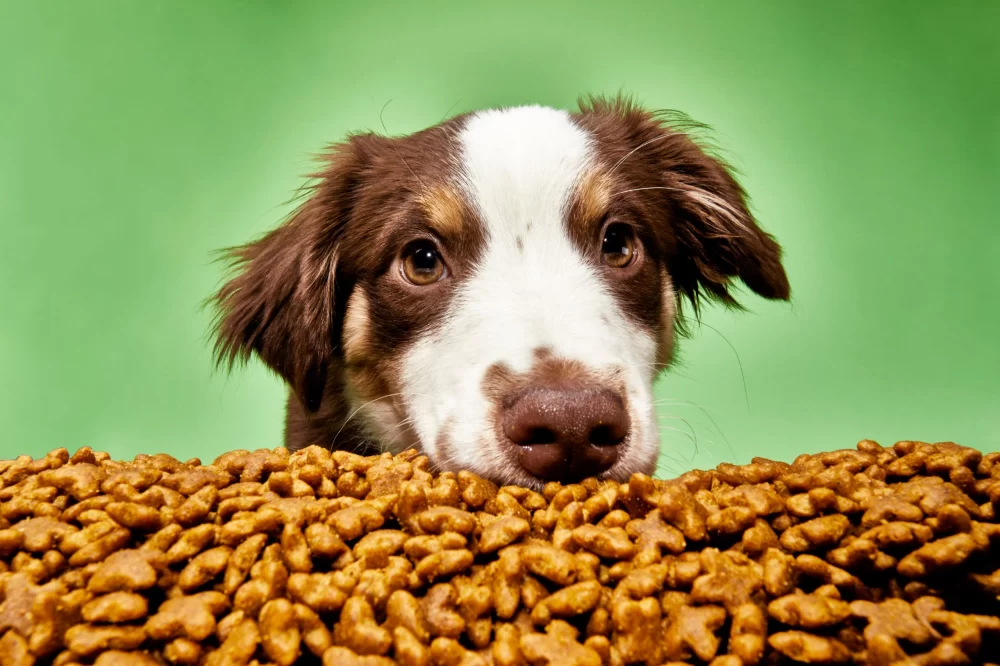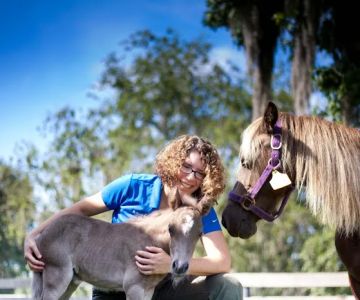- 1-Understanding-the-benefits-of-homemade-dog-food-for-large-breeds
- 2-Nutritional-requirements-for-large-breed-dogs
- 3-Practical-recipes-and-preparation-tips-for-large-breeds
- 4-Case-studies-and-expert-advice-on-homemade-dog-food
1. Understanding the Benefits of Homemade Dog Food for Large Breeds
Feeding a large breed dog comes with unique challenges and responsibilities. Many dog owners are turning to homemade dog food for large breeds to ensure their pets receive fresh, balanced nutrition tailored to their specific needs. Unlike commercial kibble, homemade meals allow you to control ingredient quality, avoid harmful additives, and adjust portions to support healthy growth and joint maintenance.
Large breeds, such as Great Danes or Saint Bernards, require diets that support not just their size but also their metabolic demands and skeletal health. Homemade dog food can be a superior choice when done thoughtfully because it offers flexibility and transparency. This hands-on approach helps prevent common health issues related to poor nutrition, such as obesity or joint problems, which large dogs are more prone to.
Moreover, preparing meals at home can strengthen the bond between owner and dog through the care and attention involved. For dog lovers who have experienced the frustration of picking the “right” kibble for their big furry friends, homemade recipes offer an empowering solution.
2. Nutritional Requirements for Large Breed Dogs
Large breed dogs have distinct nutritional needs that differ significantly from smaller breeds. When considering homemade dog food for large breeds, it’s essential to understand these requirements to avoid underfeeding or nutrient imbalances.
2.1 Protein Quality and Quantity
Protein is critical for muscle maintenance and repair, especially in large dogs who require a strong musculoskeletal system. However, excessive protein can strain kidneys, so balanced intake from high-quality sources like chicken, turkey, or lean beef is recommended.
2.2 Controlled Calcium and Phosphorus Levels
One of the most important factors in large breed diets is the regulation of calcium and phosphorus. Over-supplementation can lead to skeletal abnormalities in growing dogs. Homemade diets must be carefully formulated to provide appropriate mineral ratios, which can be guided by veterinary advice.
2.3 Healthy Fats and Omega Fatty Acids
Inclusion of healthy fats such as fish oil or flaxseed oil helps support joint health and a glossy coat. Omega-3 fatty acids have anti-inflammatory properties, beneficial for large breeds prone to arthritis.
2.4 Balanced Carbohydrates and Fiber
Complex carbohydrates like sweet potatoes and brown rice provide steady energy release. Adequate fiber from vegetables promotes digestion and gut health, which is vital for dogs prone to gastrointestinal issues.
3. Practical Recipes and Preparation Tips for Large Breeds
Crafting homemade meals for your large dog might seem daunting, but with careful planning and simple recipes, it becomes manageable and rewarding. Here are some practical guidelines to get started:
3.1 Base Recipe Example
A balanced homemade dog meal could include:
- Lean protein source (chicken, turkey, beef) - about 40%
- Complex carbohydrates (brown rice, quinoa, sweet potato) - about 30%
- Vegetables (carrots, peas, green beans) - about 20%
- Healthy fats (fish oil, olive oil) - about 5%
- Supplements (calcium powder, vitamins as recommended) - about 5%
3.2 Preparation and Storage
Cook proteins thoroughly to eliminate bacteria, and steam or lightly cook vegetables to preserve nutrients. Portion the meals into daily servings and refrigerate or freeze to maintain freshness. Avoid adding harmful ingredients like onions, garlic, or excessive salt.
3.3 Consulting a Veterinarian
Before transitioning fully to homemade food, it’s wise to consult with professionals. Services like those offered by Hidden Brook Veterinary can provide tailored advice and help ensure that your dog’s diet meets all nutritional benchmarks.
4. Case Studies and Expert Advice on Homemade Dog Food
Consider the story of Jake, a 4-year-old Great Dane who struggled with weight gain and lethargy on commercial diets. His owner shifted to a carefully balanced homemade diet rich in lean meats and omega fatty acids, with guidance from Hidden Brook Veterinary. Within months, Jake’s energy levels soared, and his weight normalized, showing how personalized nutrition can transform health.
Experts emphasize that homemade dog food is not a one-size-fits-all solution. Regular health monitoring, adjusting meals as the dog ages or changes activity levels, and professional oversight are essential. A veterinary nutritionist’s input can prevent common mistakes such as nutrient deficiency or toxicity.
In summary, embracing homemade dog food for large breeds can profoundly benefit your dog’s wellbeing. With detailed attention to nutrition, practical preparation, and professional guidance, you can provide meals that are not only healthy but also a genuine expression of care.












